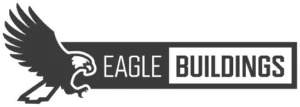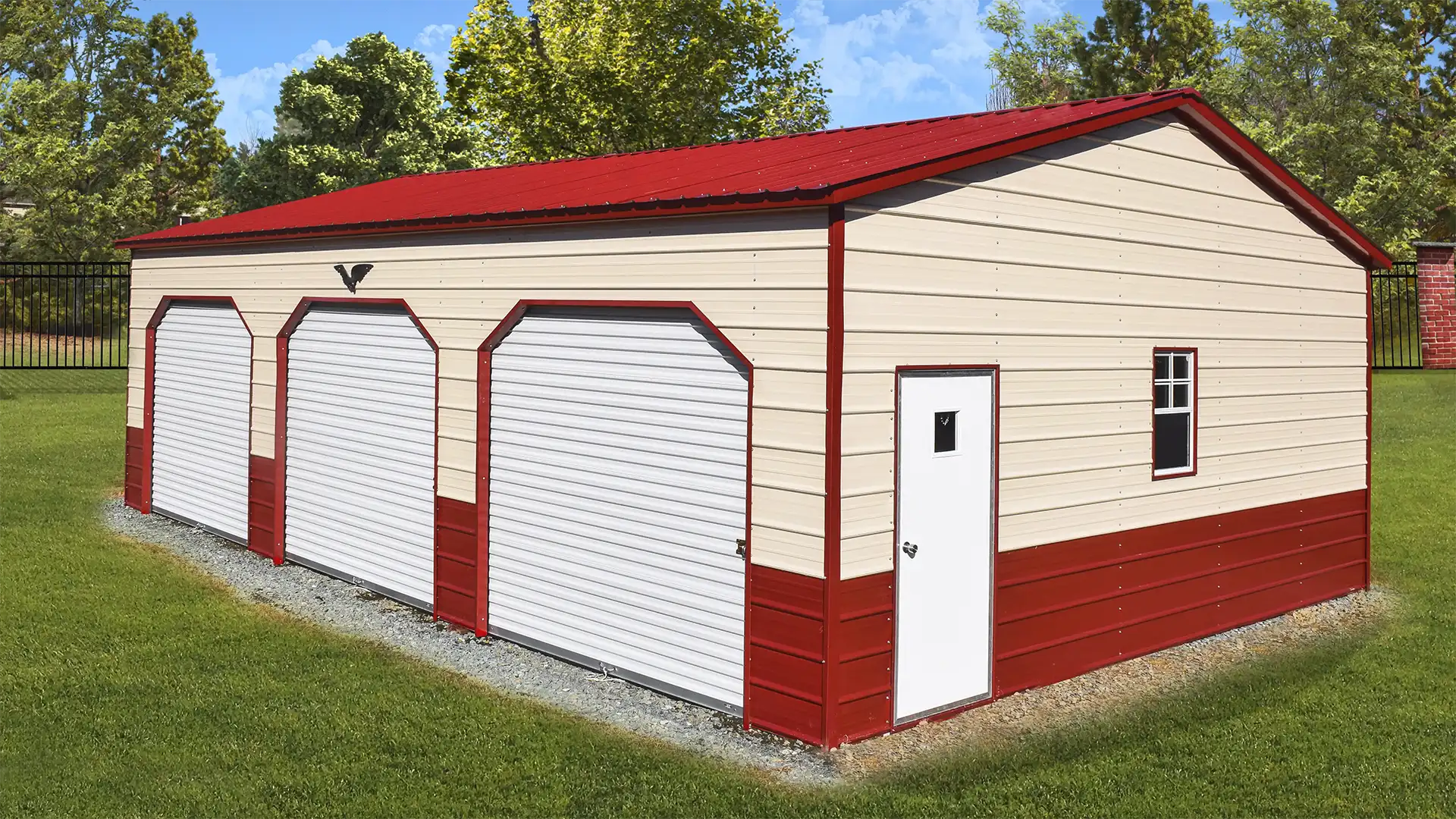When it comes to building a metal barn, selecting the right foundation is as crucial as choosing the barn itself. A foundation does more than just support the structure; it ensures stability, durability, and functionality. In this article, we’ll explore the importance of foundations for metal barns and delve into the most common types. We'll also examine key factors that should influence your decision, making sure you choose a foundation that aligns with your needs and conditions.
Why Foundations Matter for a Metal Barn
The foundation of a metal barn is the unsung hero of the structure. It anchors the barn to the ground, providing stability against shifting soils, wind, and even seismic activity. A well-chosen foundation prevents moisture ingress, ensuring the longevity of the metal and protecting the contents inside. It's not just about durability; a proper foundation can also enhance the functionality and accessibility of your barn, affecting everything from storage efficiency to insulation.
Common Metal Barn Foundation Types
- Concrete Slab Foundation: A popular choice, concrete slab foundations provide a solid, level base. They are ideal for heavy-use barns, offering excellent support and durability. This type of foundation is particularly beneficial for barns housing heavy machinery or vehicles.
- Perimeter Wall Foundation: This foundation involves constructing a wall around the barn's perimeter, providing strong edge support. It's suitable for uneven terrains and can be used to create a crawl space or basement for additional storage.
- Pier Foundation: A pier foundation consists of concrete columns (piers) that support the barn's weight. It's a cost-effective option for smaller structures and works well on uneven or sloping ground.
- Trench Foundation: Trench foundations are ideal for larger barns, providing a deep, secure base. They involve digging a trench around the perimeter and filling it with concrete, offering strong support and resistance to shifting soils.
Factors Influencing Your Ideal Foundation Choice
- Your Soil Conditions: The type of soil on your property can greatly affect your foundation choice. Sandy, clay, or rocky soils each have different bearing capacities and drainage properties, influencing which foundation type is best.
- Local Climate and Weather: Consider the weather patterns in your area. Regions with heavy rainfall, snow, or frequent freezing and thawing cycles require foundations that can withstand these conditions without shifting or cracking.
- Purpose and Intended Use: Think about how you plan to use the barn. Will it store heavy equipment, livestock, or serve as a workshop? Different uses might demand different foundation types for optimal functionality.
- Local Building Codes and Regulations: Always check local building codes and regulations. These can dictate certain foundation requirements based on your location and intended use of the barn.
A Strong Foundation is the First Step Towards a Reliable and Efficient Metal Barn
Choosing the right foundation for your metal barn is a critical decision that impacts not just the barn's stability and durability, but also its functionality and compliance with local standards. Whether you opt for a concrete slab for heavy-duty use, a perimeter wall for uneven terrain, a pier foundation for cost-effectiveness, or a trench foundation for large-scale structures, your choice should be informed by your soil conditions, local climate, intended use, and regulatory requirements. By carefully considering these factors, you can ensure that your metal barn rests on a foundation that's not only sturdy and long-lasting but also perfectly suited to your specific needs. Remember, a strong foundation is the first step towards a reliable and efficient metal barn that meets your demands and exceeds your expectations.








